According to Parliament’s Knowledge Exchange Unit (KEU), more than 3,500 researchers from across the UK have signed up to its COVID-19 Outbreak Expert Database, which includes a number of BU academics across all faculties.
The KEU reports that it is already making use of the database and, later this week, will be directly contacting experts to ask them to share their insights into the COVID-19 pandemic and its short, medium and long-term impacts. Where possible, the KEU aims to acknowledge researchers’ contributions publicly.
If you haven’t already signed up, it’s not too late, as it is a live database. Follow the link and please email your faculty impact officer to let them know, so we can track BU involvement.
Signing up does not commit you to contributing in any way, it’s simply so that Parliament has your details to hand and can contact you very rapidly; if they contact you and you aren’t able to respond, they will fully understand.
The topic areas where Parliament may need to be able to access research expertise are listed below, and found on the sign up page. If you identify an area that has not been listed, please do feel free to give details on the sign-up form in ‘other’:
Agriculture and farming, Airlines/airports, Arts, Behavioural science, Burial and cremation, Brexit, Business, Charities, Children and families, Civil contingency planning and management, Climate change, Communicating uncertainty, , Consumer protection, Coronavirus, Coroners, Countryside, Courts, Criminal justice, Criminal law, Crisis communications, Critical national infrastructure, Data protection, Death, Defence, Economics, Education – higher and further, Education – schools, Elections, Emergency planning, Emergency services, Employment, Employment law, Energy, Environment, European Union, Financial services, Financial systems and institutions, Foreign policy, Government, Health economics, Health services, Housing, Human rights, Immigration, Immunology / vaccinology, Industry, Infection control, Inflation, Insolvency, International law, IT, Law, Legal aid, Leisure and tourism, Local government, Medicine, National security, Package holidays, Pandemics, Pensions, Police powers, Ports and maritime, Prisons, Public expenditure, Public finance, Public health, Public order, Railways, Registration of deaths, Religion, Social security and tax credits, Social services, Sports, Surveillance , Taxation, Trade, Transport, Unemployment, Virology, Waste, Water, Welfare, Welfare benefits.

 In recognition of the important contribution that early career academics play in driving research for the future, we are delighted to continue the BU Academic Targeted Research scheme to attract and recruit talented individuals in targeted research areas. Following the successful recruitment of five new posts, we will employ one other new Senior Lecturer with significant postdoctoral expertise (or of comparable experience) with outstanding potential in alignment with the targeted research areas:
In recognition of the important contribution that early career academics play in driving research for the future, we are delighted to continue the BU Academic Targeted Research scheme to attract and recruit talented individuals in targeted research areas. Following the successful recruitment of five new posts, we will employ one other new Senior Lecturer with significant postdoctoral expertise (or of comparable experience) with outstanding potential in alignment with the targeted research areas:



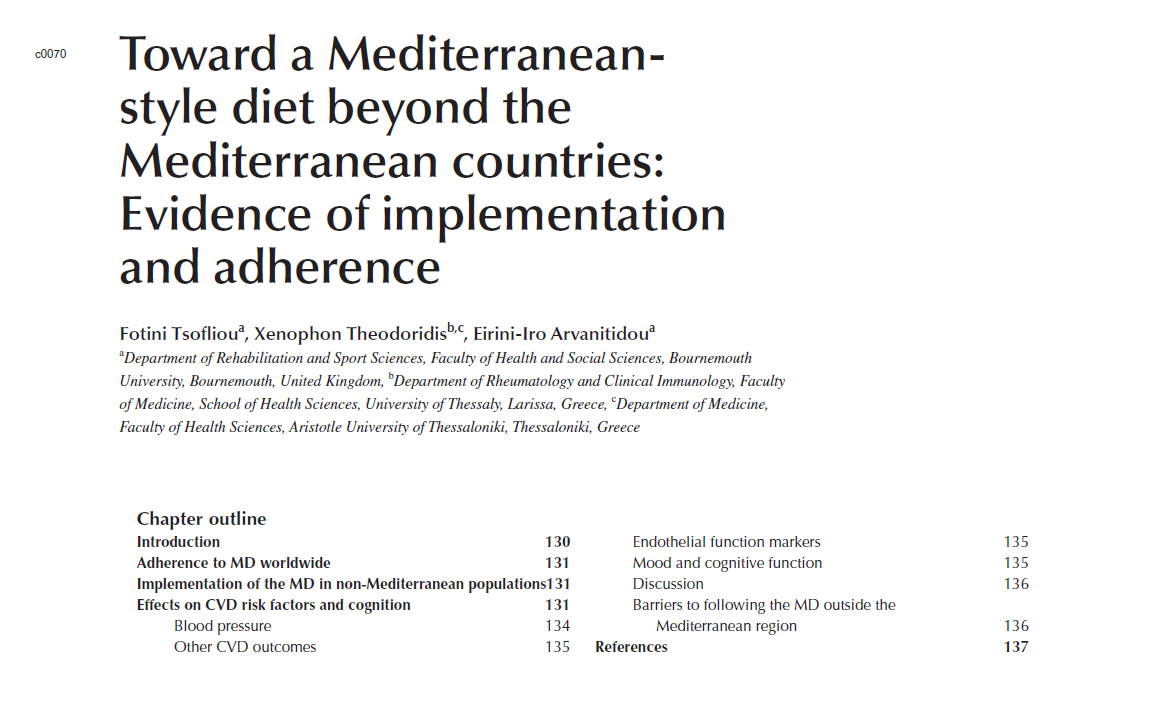

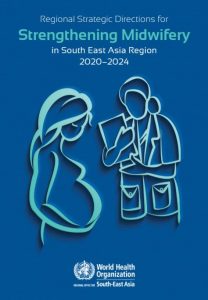
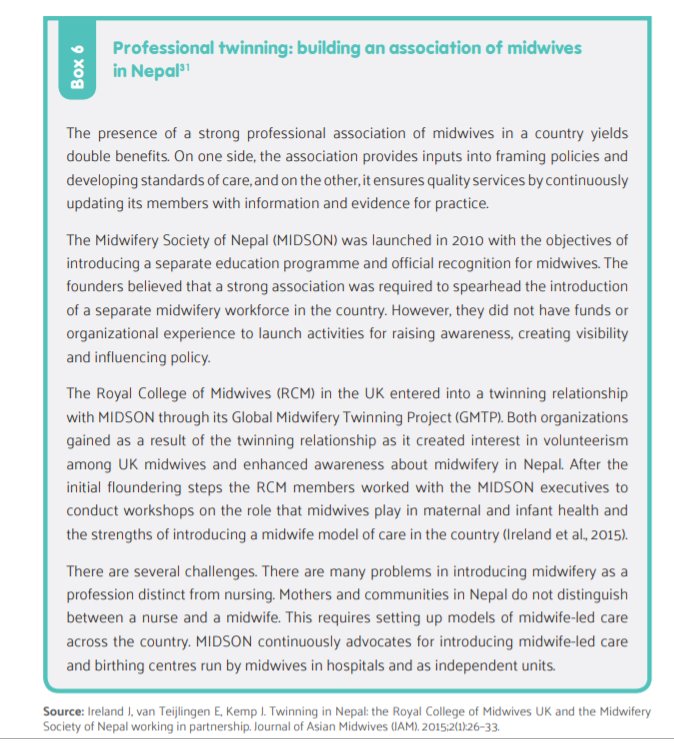
 Advance notice that the Parliamentary Academic Fellowship Scheme Open Call will be launching in June 2020, when expressions of interest will be sought.
Advance notice that the Parliamentary Academic Fellowship Scheme Open Call will be launching in June 2020, when expressions of interest will be sought.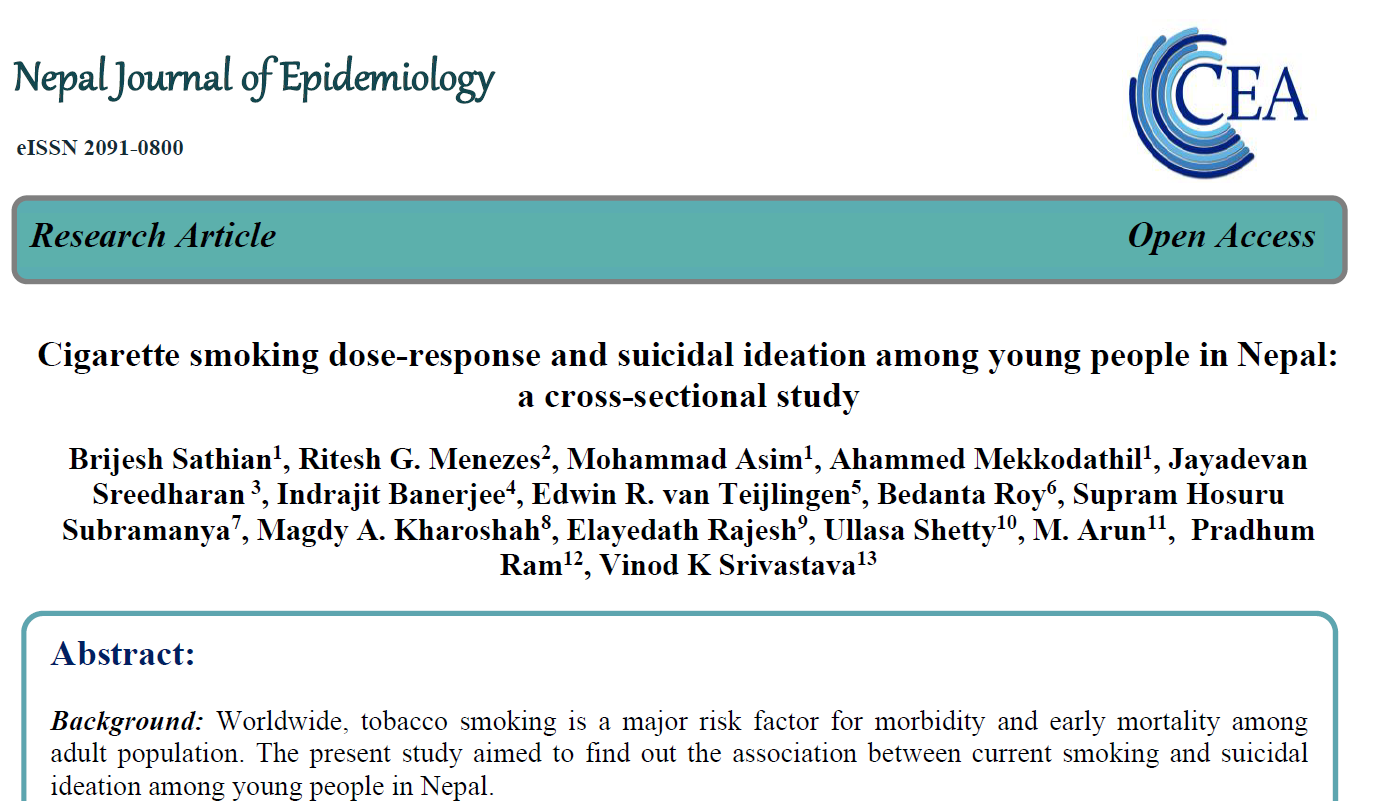


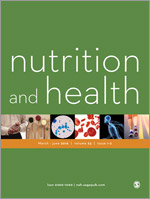
 If you would like to take the opportunity of online impact training as it relates to the UKRI Case for Support or writing the impact sections of Horizon 2020 proposals, Professor Mark Reed of Fast Track Impact is offering free, interactive webinars, giving you access to his most popular training sessions. Due to a high level of interest, there are now a further 100 tickets available for each of the two courses below:
If you would like to take the opportunity of online impact training as it relates to the UKRI Case for Support or writing the impact sections of Horizon 2020 proposals, Professor Mark Reed of Fast Track Impact is offering free, interactive webinars, giving you access to his most popular training sessions. Due to a high level of interest, there are now a further 100 tickets available for each of the two courses below:
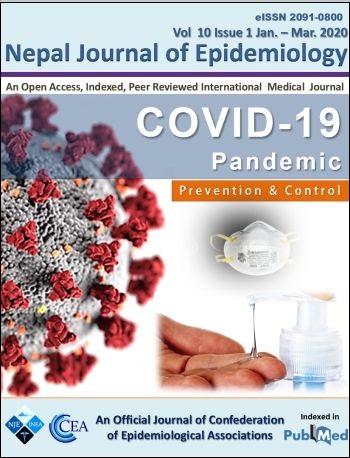











 Conversation article: London Marathon – how visually impaired people run
Conversation article: London Marathon – how visually impaired people run Horizon Europe News – December 2023
Horizon Europe News – December 2023